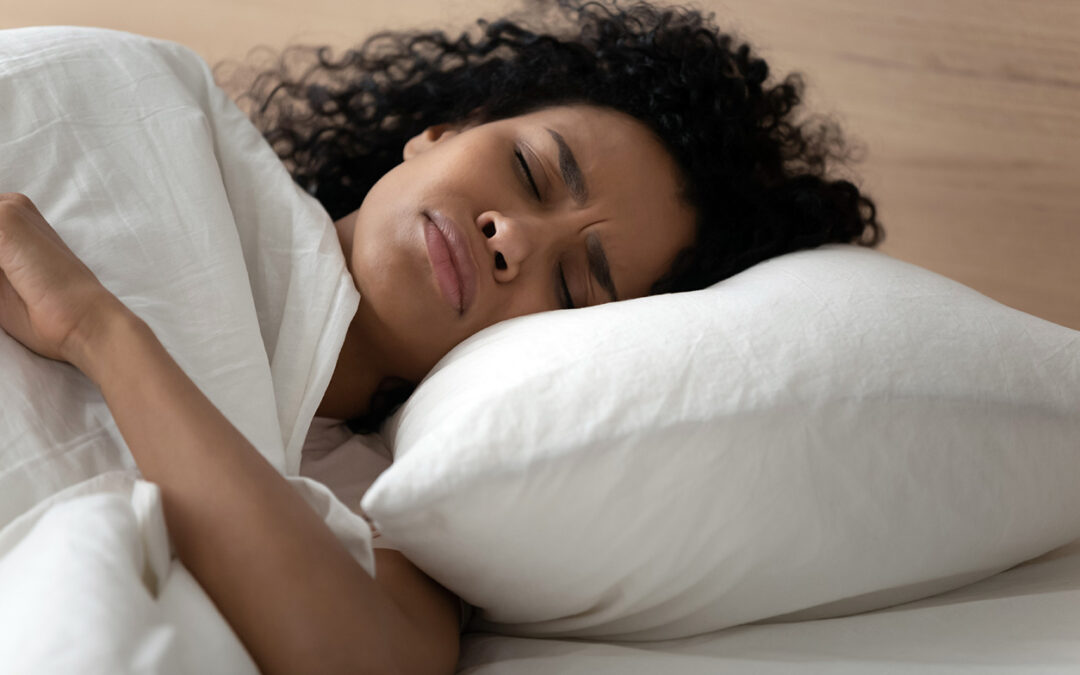By: Robyn Woidtke, MSN, RN, RPSGT, CCSH
The country is in the midst of the worst public health crisis most of us have experienced. The health disparities which existed prior to COVID-19 have only been exacerbated by the virus. The National Institutes of Health have designated certain minorities (Blacks/African Americans, Hispanics/Latinos, American Indians/Alaska Natives, Asian Americans, Native Hawaiians and other Pacific Islanders), rural populations which are underserved and sexual/gender minorities as health disparity populations. According to the Centers for Disease Control, social determinants of health can be defined as ” conditions in the places where people live, learn, work, and play that affect a wide range of health and quality-of life-risks and outcomes,” in addition, health literacy and the ability to understand numeracy and cultural norms also impact an individual’s ability to seek care and be treated.
In general, sleep is negatively impacted by an individual or family’s ability to live in a safe environment, including adequate lighting and open spaces, neighborhoods with access to good and timely healthcare and economic factors (Hunter &Hayden, 2018). According to the American Psychological Association (ND) data support that ethnic and minority groups within communities in general have lower economic status and are less likely to have health insurance. Good sleep is dependent on quality, quality and absence of, or adequate treatment of a sleep disorder. The ability of an individual to sleep well is multifaceted. Anxiety about illness, economic stability and increasing racial and political tension contribute to overall sleep health disparity. The ability to fall asleep and stay asleep can be impacted by these factors.
The intersection between sleep health disparities, social determinants and health disparity population has recently been the topic of discussion between the National Institute on Minority Health and Health Disparities (NIMHD), National Heart, Lung, and Blood Institute (NHLBI), and the Office of Behavioral and Social Sciences Research (OBSSR). In 2018, a workshop was convened to introduce and create strategies to investigate how to best address these cross-cutting issues in a coordinated manner, these include integrating health disparities and sleep research, investigating the role of sleep health disparity on health and well being and training the diverse workforce in these issues (Jackson, Walker, Brown, Das & Jones, 2020).
As sleep health professionals, it is important to recognize that many patients may be experiencing one or more decrements in the social determinants of health and that the ability to obtain quality sleep may be impacted by what surrounds them. The current situation, where more and more individuals have lost wages and health insurance just having a safe place to sleep may have far reaching implications. For some obstructive sleep apnea patients who are starting or currently on therapy, the ability to pay for supplies or even paying their electric bill may be difficult in the coming months.
To ask questions in relation to these issues may not be easy, but I think, if we can ask the hard questions, patients will be grateful for the support and guidance that can be offered. It may be that we will need to leave our silos and work together as a healthcare community to ensure that understanding of how the social determinants of health, health disparities and sleep health go hand in hand. A goal should be to promote good sleep, assess the best diagnostic and treatment options for sleep disorders and provide the integrated care needed for patients during these trying times.
National Institutes of Minority and Health Disparities; accessed on December 13, 2020 (https://www.nimhd.nih.gov/about/overview/)
Centers for Disease Control Social Determinants of Health: Know What Affects Health; accessed on December 13, 2020 (https://www.cdc.gov/socialdeterminants/index.htm)
Hunter, J. C., & Hayden, K. M. (2018). The association of sleep with neighborhood physical and social environment. Public health, 162, 126-134.
American Psychological Association Ethnic and Racial Minorities & Socioeconomic Status; accessed on December 13, 2020 (https://www.apa.org/pi/ses/resources/publications/minorities)
Jackson, C. L., Walker, J. R., Brown, M. K., Das, R., & Jones, N. L. (2020). A workshop report on the causes and consequences of sleep health disparities.

